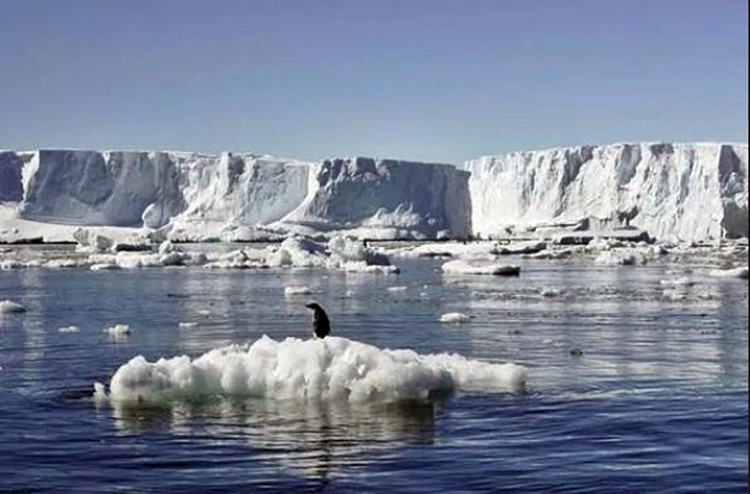The year 2050 might herald the beginning of the collapse of human civilization due to a much hotter and more unbearable climate gone amuck.
A research study conducted by the Breakthrough - National Center for Climate Restoration think-tank based in Melbourne, Australia projects a doomsday future in which more than a billion people will be displaced, food production drastically reduced and some of the world's most populous cities left abandoned. It also foresees some 20 days of lethal heat per year and ecosystems collapsing from the unbearable heat generated by rampant climate change.
The future predicted by the report is one of global catastrophe with unimaginable consequences.
Climate researchers David Spratt and Ian Dunlop who wrote the report warn climate change today pose a "near-to-mid-term existential threat to human civilization." They also warn climate change might end the world as we know it in the coming decades.
Their report cautions that "planetary and human systems (are) reaching a 'point of no return' by mid-century, in which the prospect of a largely uninhabitable Earth leads to the breakdown of nations and the international order."
It contends the only way to avoid this catastrophe will be "akin in scale to the World War II emergency mobilization" to restore the world to a safer climate.
The report forecasts that if global temperatures rise 3 degrees Celsius by 2050, 55 percent of the world's population across 35 percent of its land area will experience more than 20 days of lethal heat per year, which is "beyond the threshold of human survivability."
In West Africa, tropical South America, the Middle East, and Southeast Asia, there will be more than 100 days a year of deadly heat. This unbearable heat will lead to the displacement of more than 1 billion people who will flee to more tolerable locations.
As can be expected, food production will dramatically decline. The causes will be a catastrophic decline in insect populations, weather that is much too hot for humans to survive in food-growing areas and chronic water shortages.
More bad news: global sea levels could rise 2 meters by 2100. Many ecosystems will collapse, including those in the Arctic, the Amazon rainforest and the coral reef systems.
Rising sea levels will cause people to abandon swathes of land in Mumbai, Jakarta, Guangzhou, Hong Kong, Ho Chi Minh City, Shanghai, Bangkok, and Manila, among other cities.
"The social consequences range from increased religious fervor to outright chaos," said the paper. "In this scenario, climate change provokes a permanent shift in the relationship of humankind to nature."






